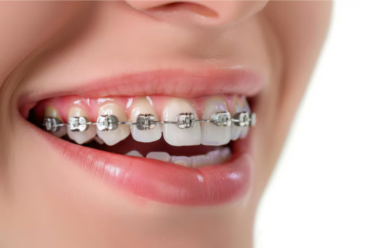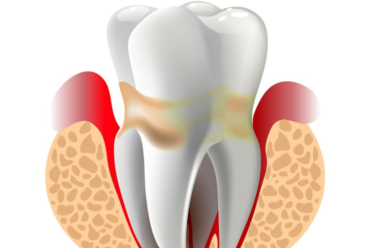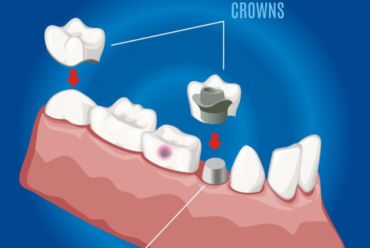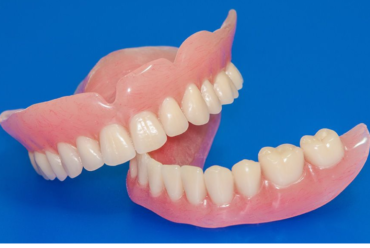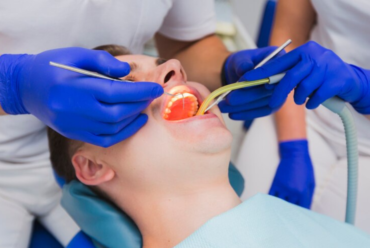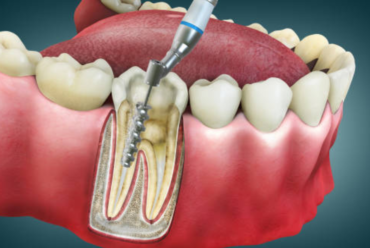Are Veneers Right for You? Pros, Cons, and What to Consider
Dental veneers have become increasingly popular for those seeking a flawless smile. These thin, custom-made shells designed to cover the front surface of teeth can address various aesthetic concerns, from discoloration to unevenness. But are veneers the right choice for you? To help you make an informed decision, we’ll explore the pros and cons of veneers, and what you should consider before committing to the procedure.
What Are Veneers?
Dental veneers are wafer-thin shells of porcelain or composite resin that are bonded to the front of your teeth. They are designed to improve the appearance of your smile by addressing imperfections such as discoloration, chips, cracks, or gaps. Veneers are often chosen for their ability to provide a dramatic transformation with minimal invasiveness compared to other dental procedures.
Pros of Veneers
- Aesthetic Enhancement
One of the most significant advantages of veneers is their ability to dramatically improve the appearance of your smile. Veneers can mask stains, cover imperfections, and even out the shape and size of your teeth. The result is a bright, uniform smile that can boost your confidence.
- Minimally Invasive Procedure
Compared to other cosmetic dental procedures, veneers are relatively minimally invasive. While some enamel is removed to make room for the veneers, the procedure is less invasive than dental crowns or orthodontic treatment. This makes veneers a popular choice for those seeking cosmetic enhancement without extensive dental work.
- Stain Resistance
Porcelain veneers, in particular, are highly resistant to stains. Unlike natural teeth that can be affected by coffee, tea, or red wine, porcelain veneers retain their color and brightness over time. This means you can enjoy your favorite foods and drinks without worrying about discoloration.
- Durability
With proper care, dental veneers can last anywhere from 10 to 15 years. They are designed to withstand daily wear and tear, providing a long-lasting solution to cosmetic dental issues. Regular check-ups with your dentist can help ensure the longevity of your veneers.
- Quick Results
The process of getting veneers typically involves only a few dental visits. After the initial consultation, your dentist will prepare your teeth, take impressions, and place temporary veneers if needed. Once the final veneers are ready, they will be bonded to your teeth, providing you with a new smile in a relatively short amount of time.
Cons of Veneers
- Irreversible Procedure
One of the major drawbacks of veneers is that the procedure is irreversible. To place veneers, a small amount of enamel must be removed from the teeth. This means that once you get veneers, you will need them for life, as the natural enamel that was removed cannot be replaced.
- Potential Sensitivity
After the preparation of your teeth for veneers, you may experience temporary sensitivity to hot or cold foods and beverages. This sensitivity is usually mild and subsides over time, but it can be uncomfortable for some individuals.
- Cost
Veneers can be a significant investment. The cost varies depending on the material used and the complexity of the procedure, but they are generally considered an expensive cosmetic treatment. Many dental insurance plans do not cover veneers, so it’s essential to be prepared for the out-of-pocket expense.
- Risk of Damage
While veneers are durable, they are not indestructible. They can chip or crack under extreme pressure, such as from biting hard objects or grinding your teeth. It’s important to avoid habits that could damage your veneers and to address any underlying issues that might affect their longevity.
- Not a Solution for All Dental Issues
Veneers are primarily a cosmetic solution and may not be suitable for all dental issues. For example, if you have significant tooth decay or structural problems, veneers may not be the best option. In such cases, your dentist might recommend other treatments, such as crowns or fillings.
What to Consider Before Getting Veneers
- Dental Health
Before getting veneers, it’s crucial to have a thorough dental examination. Your dentist will assess your oral health to ensure that your teeth and gums are in good condition. Any existing dental issues, such as cavities or gum disease, should be addressed before proceeding with veneers.
- Expectations and Goals
Have a clear understanding of what you hope to achieve with veneers. Discuss your goals with your dentist to ensure that veneers are the right solution for you. Your dentist can help you visualize the potential results and determine if they align with your expectations.
- Maintenance and Care
Proper care is essential for the longevity of your veneers. Practice good oral hygiene, including brushing twice a day and flossing daily. Regular dental check-ups and cleanings are also important to monitor the condition of your veneers and address any potential issues early.
- Lifestyle and Habits
Consider your lifestyle and habits when deciding on veneers. If you grind your teeth, have a history of oral health problems, or frequently consume stain-causing substances, discuss these factors with your dentist. They can provide guidance on how to protect your veneers and maintain their appearance.
- Alternative Options
Explore alternative cosmetic treatments that might better suit your needs. For example, teeth whitening, orthodontics, or bonding might be viable alternatives depending on your specific concerns. Your dentist can help you weigh the pros and cons of each option.
Conclusion
Dental veneers can be a transformative solution for achieving a beautiful, confident smile. With their ability to address a range of cosmetic issues with minimal invasiveness, they offer a compelling option for many individuals. However, it’s important to carefully consider the potential drawbacks and consult with your dentist to ensure that veneers are the right choice for you. By weighing the pros and cons and understanding what’s involved, you can make an informed decision and enjoy the benefits of a stunning, revitalized smile.


